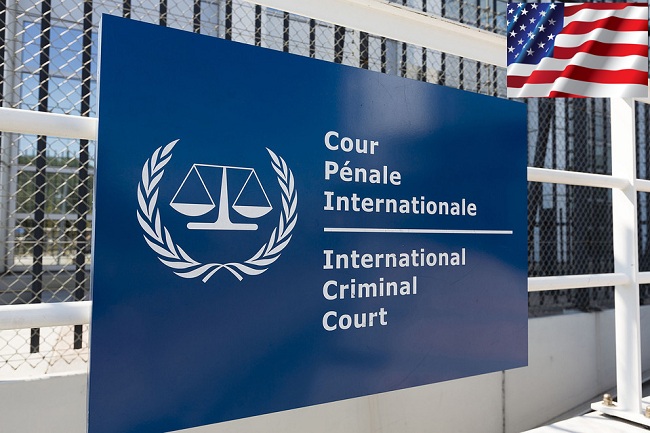In recent years, a confrontation between the U.S. government and the International Criminal Court (ICC) has been looming over the alleged actions of U.S. forces in Afghanistan. The Prosecutor’s brief announcement that she would seek permission to launch a formal investigation into the situation in Afghanistan followed a series of annual reports making clear that this investigation will cover not just the Taliban and Afghan security forces, but also U.S. military and intelligence officers. This is a scenario that both ICC critics and supporters in the U.S. government have fretted about ever since the formation of the court. Yet the official Department of Defense reaction was distinctly muted. Pentagon spokesperson Eric Pahon’s statement to National Public Radio that an ICC investigation with respect to U.S. personnel would be “wholly unwarranted and unjustified” drew in tone and content from U.S. government talking points that have been used for years. Will the government shift to a more aggressive response once senior leadership turns its attention away from the President’s trip to Asia and has a chance to weigh in?
It is already clear that the Prosecutor’s decision is not one that the U.S. government will accept. Under federal statute, cooperation with the ICC in prosecuting U.S. personnel is prohibited. On the policy level, the current and past administrations have strenuously objected to foreign courts or international tribunals exercising jurisdiction over U.S. personnel, citing concerns about unfair treatment. No U.S. administration has supported becoming party to the ICC Rome Statute (the court’s constitutive document), and the Bush Administration was so concerned that the court would try to assert power over U.S. personnel that it went to extraordinary lengths to guard against that possibility. It sought immunity agreements from member States using foreign assistance as leverage. It blocked U.N. peacekeeping resolutions at the Security Council because they did not include ICC immunity clauses. It even worked with Congress to enact a law–still on the books–authorizing the United States to use military force to rescue U.S. persons from The Hague should one ever be detained by the court.
Read more: International Crisis Group, http://bit.ly/2i7fJAy
